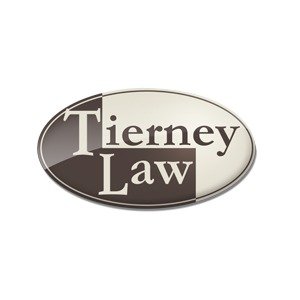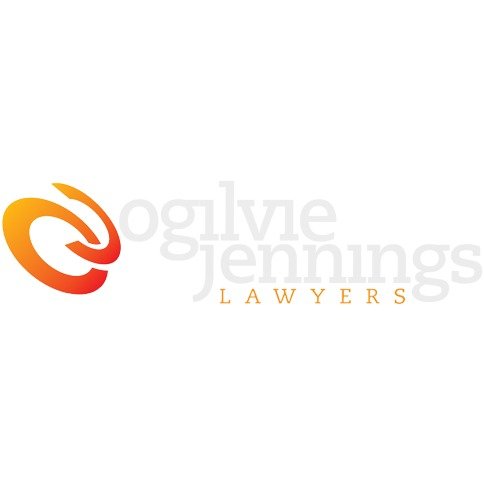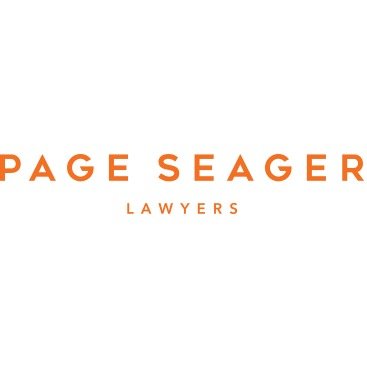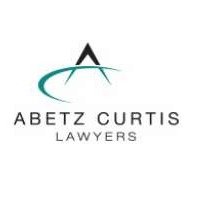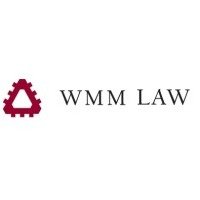Best Government Relations & Lobbying Lawyers in Hobart
Share your needs with us, get contacted by law firms.
Free. Takes 2 min.
List of the best lawyers in Hobart, Australia
About Government Relations & Lobbying Law in Hobart, Australia
Government Relations & Lobbying in Hobart, Australia, involves the interaction between businesses or individuals and government entities. This field encompasses efforts to influence public policy, regulation, and legislation through strategic communication. Legal frameworks governing lobbying activities are designed to maintain transparency, prevent corruption, and ensure fair interaction between lobbyists and public officials. In Hobart, as in the rest of Australia, lobbying is regulated by both federal and state laws, which establish guidelines for registration, reporting, and conduct of lobbying entities.
Why You May Need a Lawyer
Navigating the legal complexities of Government Relations & Lobbying can be challenging. Situations where legal assistance may be required include:
- Understanding registration requirements for lobbyists.
- Ensuring compliance with both state and federal lobbying laws.
- Negotiating contracts or agreements related to lobbying efforts.
- Advising on ethical considerations and conflict of interest issues.
- Defending against allegations of misconduct in lobbying activities.
- Gaining insights into strategic communication with governmental bodies.
Local Laws Overview
In Hobart, government relations and lobbying are primarily regulated by the Tasmanian Integrity Commission, which oversees the registration and activity of lobbyists. Key aspects include:
- Registration: Lobbyists must register with the Tasmanian Integrity Commission before engaging in lobbying activities. This includes providing details about the entities they represent.
- Code of Conduct: Registered lobbyists must adhere to a code of conduct ensuring transparency, honesty, and integrity in their interactions.
- Reporting Requirements: Lobbyists may need to file periodic reports detailing their lobbying efforts and any political donations made.
- Prohibition of Gifts: Offering or accepting gifts from government officials in exchange for influence is strictly prohibited.
- Federal Regulations: In addition to state laws, federal regulations governed by the Australian Government also apply to lobbyists operating from Hobart, especially when dealing with Commonwealth entities.
Frequently Asked Questions
What is the role of a lobbyist in government relations?
A lobbyist is a professional advocate who seeks to influence political decisions on behalf of individuals, businesses, or organizations, often through building relationships with government officials.
Do I have to register as a lobbyist in Hobart?
If you intend to professionally engage in lobbying activities on behalf of clients to influence the decisions of public officials, you must register with the Tasmanian Integrity Commission.
How often must lobbyists file reports in Hobart?
Lobbyists are required to submit annual returns to the Tasmanian Integrity Commission detailing their lobbying activities and any relevant financial dealings.
What are the penalties for non-compliance with lobbying laws in Hobart?
Penalties can range from fines to disqualification from lobbying activities, depending on the nature and severity of the non-compliance.
Can lobbyists offer gifts to government officials?
No, offering gifts, hospitality, or other inducements to influence a government official's decision is prohibited.
What constitutes lobbying activities?
Lobbying activities generally include any efforts to influence legislation, policies, or decisions of governmental bodies on behalf of a third-party client.
Are there ethical guidelines for lobbyists in Hobart?
Yes, registered lobbyists must follow a code of conduct that promotes ethical practices, including integrity, transparency, and accountability.
Can individuals lobby government entities without being registered?
Individuals lobbying on their own behalf, or on behalf of a non-commercial entity, may not require registration, but it's best to consult legal expertise to verify specific situations.
How can a lawyer assist with lobbying efforts?
A lawyer can provide legal advice on regulatory compliance, ethical concerns, contract negotiations, and can represent clients during investigations or inquiries related to lobbying.
What is the Tasmanian Integrity Commission?
The Tasmanian Integrity Commission is the body responsible for overseeing the registration and conduct of lobbyists in Tasmania, ensuring activities adhere to legal standards.
Additional Resources
For further information and assistance regarding Government Relations & Lobbying in Hobart, consider consulting the following resources:
- Tasmanian Integrity Commission: Offers detailed guidelines and requirements for lobbyists.
- Australian Government Lobbying Code of Conduct: Provides federal standards applicable to lobbying activities.
- Legal Aid Tasmania: Can provide legal advice and resources for those needing assistance in understanding lobbying laws.
- Local Law Firms: Specialized firms in Hobart with expertise in government relations and lobbying law.
Next Steps
If you require legal assistance in Government Relations & Lobbying, consider taking the following steps:
- Identify your needs: Clearly outline the legal support you need, whether it’s about compliance, ethical guidelines, or specific lobbying activities.
- Consult a specialist: Reach out to a law firm or legal professional in Hobart that specializes in Government Relations & Lobbying law.
- Prepare documentation: Gather all relevant documentation, including previous lobbying activities and any correspondence with government entities.
- Seek initial advice: Many legal professionals offer initial consultations to discuss your situation and provide preliminary advice.
- Plan your approach: Work with your legal advisor to develop a strategy for achieving your objectives while staying compliant with legal requirements.
Lawzana helps you find the best lawyers and law firms in Hobart through a curated and pre-screened list of qualified legal professionals. Our platform offers rankings and detailed profiles of attorneys and law firms, allowing you to compare based on practice areas, including Government Relations & Lobbying, experience, and client feedback.
Each profile includes a description of the firm's areas of practice, client reviews, team members and partners, year of establishment, spoken languages, office locations, contact information, social media presence, and any published articles or resources. Most firms on our platform speak English and are experienced in both local and international legal matters.
Get a quote from top-rated law firms in Hobart, Australia — quickly, securely, and without unnecessary hassle.
Disclaimer:
The information provided on this page is for general informational purposes only and does not constitute legal advice. While we strive to ensure the accuracy and relevance of the content, legal information may change over time, and interpretations of the law can vary. You should always consult with a qualified legal professional for advice specific to your situation.
We disclaim all liability for actions taken or not taken based on the content of this page. If you believe any information is incorrect or outdated, please contact us, and we will review and update it where appropriate.



